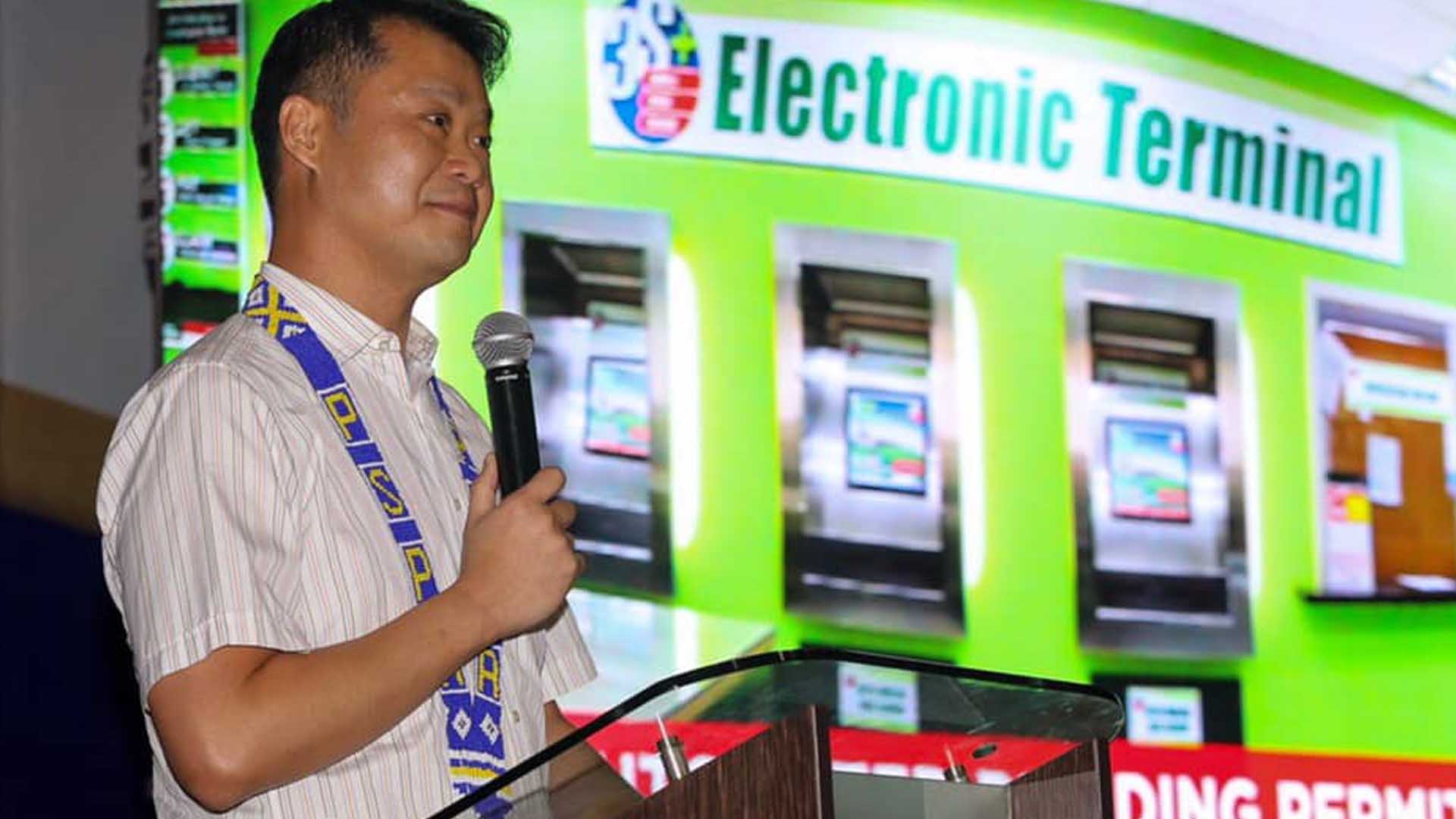Ahead of the scheduled budget hearing this November, Senator Win Gatchalian expresses concern that the budget to be allocated for the Department of Energy’s (DOE) total electrification program of the country could end up as slush fund or simply “pork”.
The DOE is pushing for a ₱2.3 billion budget for 2020 of which ₱500 million will go to its Total Electrification Program (TEP).
For its part, the National Electrification Administration (NEA), DOE’s attached agency tasked to pursue total electrification of the country, is proposing ₱14.147 billion-budget for next year wherein ₱1.5 billion is alloted for its TEP that includes the Sitio Electrification Program (SEP).
“We’ve been allocating billions of pesos to NEA and DOE for its electrification program and still, they always fail to meet their yearly targets. What concerns me even more is how these agencies spend their budget since they still don’t have a defined and cohesive strategy on how they will pursue this program,” Gatchalian points out.
Gatchalian is demanding the DOE and the NEA to submit its comprehensive national unified strategy in pursuing the country’s total electrification agenda to account every centavo spent on the program.
“Kung mayroon sana tayong national unified strategy for electrification, ang bawat taxpayers sa bansa ay hindi mangangamba kung ang pera nila ay ginagamit lamang na slush fund ng dalawang ahensya”, stresses Gatchalian.
To illustrate his point, Gatchalian cites a 2018 Commission on Audit (COA) report which reveals that of the total 450,000 households targeted for full electrification by the DOE by end 2018, only 77,121 or 17.14% was realized even with a ₱2.35 billion budget.
The chairman of the Senate Committee on Energy also says NEA provided electricity to only 705 out of 1,259 sitios as of September 30, 2019.
Gatchalian specifies that a national unified strategy means identifying the number of sitios to be electrified, budget needed for each sitio, total number of households targeted for each sitio, timeline for electrification of chosen sitios and mode of electrification for each sitio, among others. “Again, this is very elementary information that we need in order to achieve our goal of 100% electrification. It is very difficult to allocate a big amount without a strategy,” Gatchalian says.








